$BTC $ETH #BNYMellon #TokenizedDeposits #Blockchain #Payments #Finance #CrossBorder #CryptoNews #DigitalAssets #Fintech #Innovation
Could Tokenized Deposits Revolutionize BNY’s $2.5 Trillion Daily Payment Network? Discover How!
In recent bny news, BNY Mellon is taking significant steps towards modernizing its payment infrastructure. The financial giant is currently exploring the implementation of tokenized deposits. This move aims to transition a portion of its impressive $2.5 trillion daily payment flow onto blockchain technology. The goal is not only to enhance efficiency but also to streamline cross-border settlements.
Tokenized deposits represent a new frontier in digital finance, allowing for greater liquidity and faster transaction speeds. By utilizing blockchain, BNY Mellon could potentially reduce the costs associated with traditional banking systems, which often involve multiple intermediaries. This modernization effort aligns with global trends advocating for increased efficiency and transparency in financial transactions.
The Role of Blockchain in Financial Systems
Blockchain technology has already proven its potential in various sectors, particularly in enhancing transparency and security. With BNY Mellon looking to adopt tokenized deposits, the implications could be transformative. This strategic shift may facilitate seamless transactions, not just domestically but also across international borders.
Moreover, incorporating blockchain could significantly mitigate risks associated with fraud and errors inherent in traditional banking systems. The decentralized nature of blockchain means that transaction records are immutable and verifiable, providing an additional layer of security that could attract more clients and partners.
Potential Benefits of Tokenized Deposits
1. Increased Efficiency: By leveraging blockchain technology, BNY Mellon can streamline processes, reducing the time it takes to settle transactions. This efficiency could lead to enhanced client satisfaction and a more agile response to market changes.
2. Cost Reduction: Lower operational costs are a critical advantage of tokenized deposits. With fewer intermediaries involved, BNY Mellon can potentially pass these savings to its customers, making its services more competitive.
3. Broader Accessibility: Tokenized deposits could democratize access to financial services, enabling a broader range of clients, including those in developing markets, to participate in global finance.
4. Enhanced Security: The use of blockchain can provide unparalleled security features. With smart contracts and cryptographic protocols, the risk of fraud is significantly minimized, fostering greater trust in the financial system.
Challenges Ahead for BNY Mellon
While the potential benefits are extensive, BNY Mellon must navigate several challenges as it explores tokenized deposits. Regulatory compliance remains a significant hurdle, as financial institutions must operate within stringent legal frameworks. Furthermore, there is a need for widespread education about blockchain technology among clients and stakeholders.
Additionally, the integration of legacy systems with new technologies poses a technical challenge. BNY Mellon will need to ensure that its existing infrastructure can accommodate these innovations without disruptions.
In conclusion, BNY Mellon’s exploration of tokenized deposits could indeed revolutionize its $2.5 trillion daily payment network. As the financial landscape evolves, staying ahead of technological advancements will be crucial for maintaining a competitive edge. For more insights into the intersection of finance and technology, check out this relevant text.
For those interested in trading digital assets, consider visiting this platform to stay updated on the latest trends and opportunities.


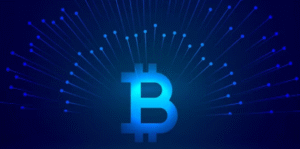
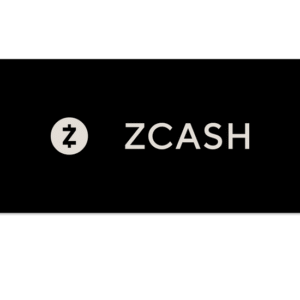


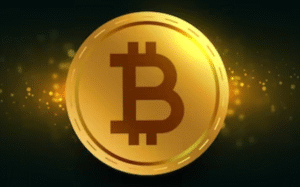

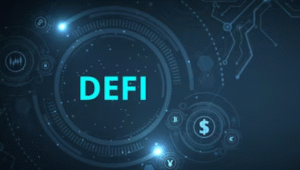
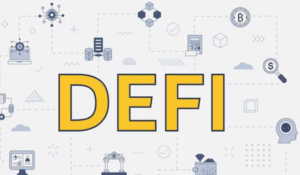

Comments are closed.